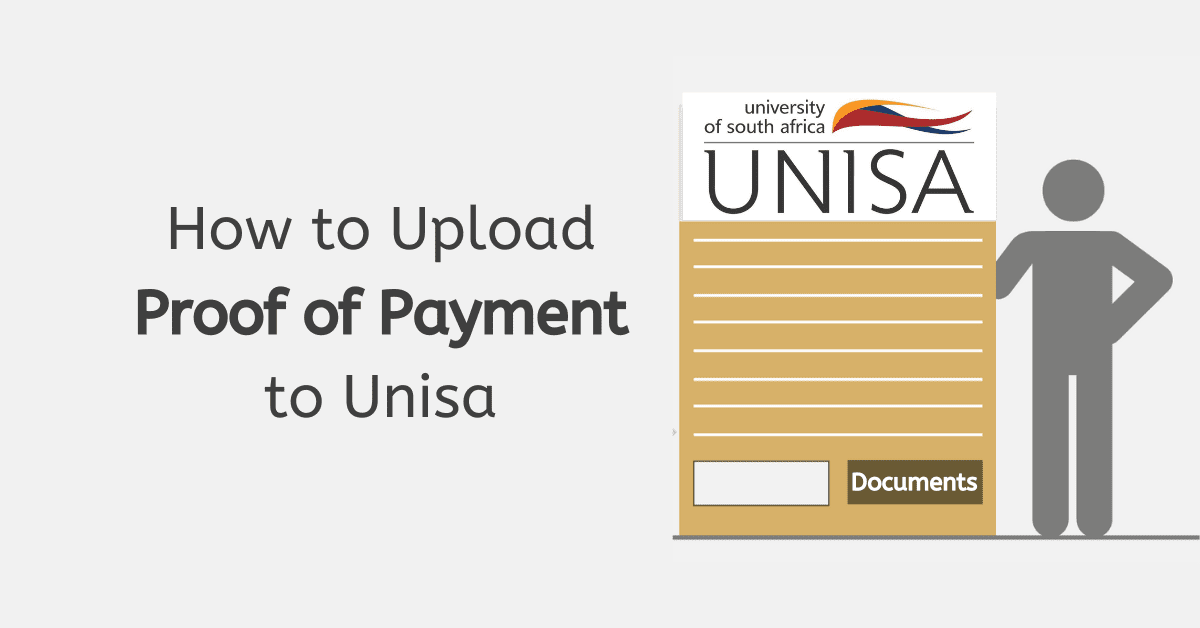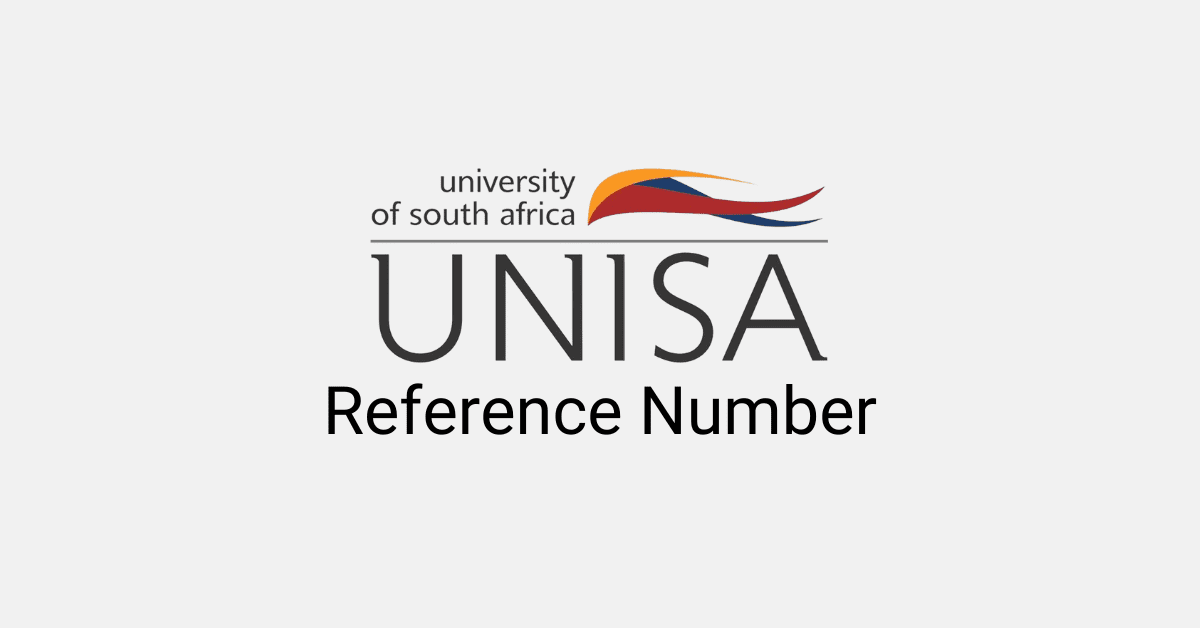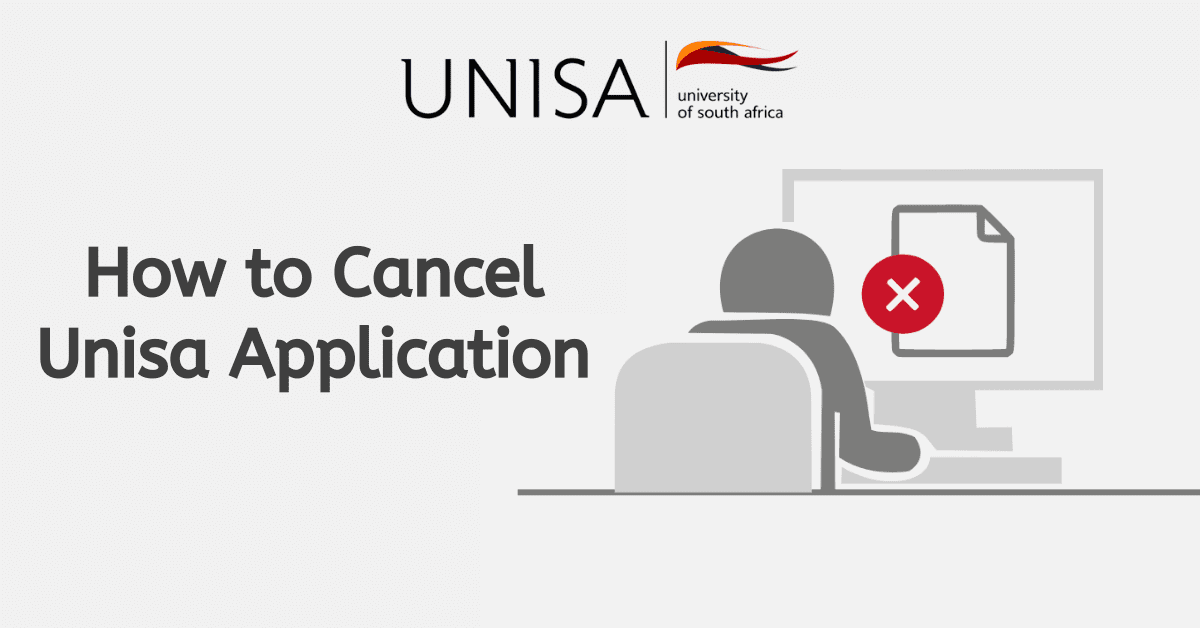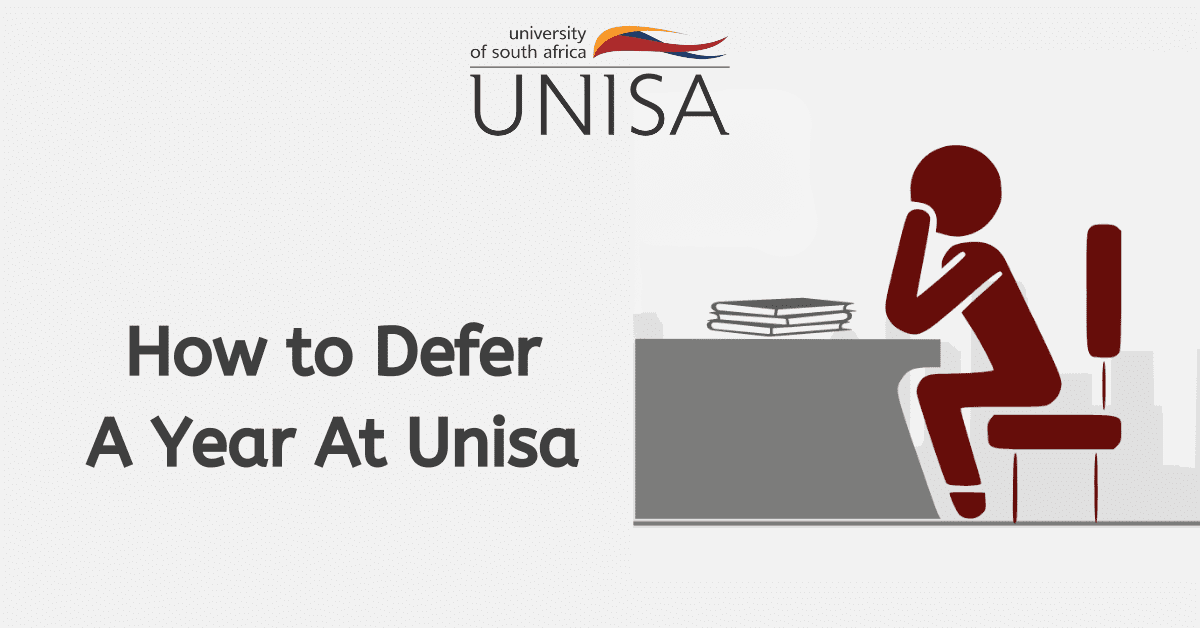Earning a certificate is typically the result of many years of diligent effort and commitment to pursuing higher education. However, the concept of “certificate absentia” is gaining relevance in South Africa. Certificate absentia is a term used to describe when students fulfil all of their academic requirements but do not receive their actual certificates during the traditional graduation ceremonies. There are several factors that contribute to this phenomenon. One of them is the delays in printing and processing certificates. This can be quite frustrating for graduates who are eager to find job opportunities or continue their studies.
In situations like these, graduates can take comfort in knowing that their accomplishments are still acknowledged, even if they don’t have a physical certificate.
Many institutions frequently offer provisional documents as evidence of qualification until the official certificate is granted. In addition, graduates have the convenience of accessing their results online, which allows them to quickly and easily access their qualifications whenever needed.
Although it can be disappointing not to have physical certificates, it is important to recognize the administrative difficulties involved.
The higher education system in South Africa is always striving to enhance these processes, making sure that the qualifications earned by graduates are duly recognized.
In this context, we will streamline certificate absentia to the University of South Africa. The blog will look at some of the frequently asked questions about absentia at UNISA.
Where to receive a certificate in absentia from unisa
If you wish to receive a certificate in absentia from the University of South Africa (UNISA), there are two available options for you. Once you have successfully completed your studies, if you choose to graduate in absentia, rest assured that your certificate will be promptly sent to you via mail. You can expect to receive it within a span of two weeks following the graduation ceremony. UNISA will send it to the address you have registered with them, ensuring that it is securely covered. For many graduates who are unable to attend the ceremony in person, this is the default method.
There are situations where you have the option to personally collect your certificate. If you choose to do this, make sure to visit the Division: Graduations office once your graduation ceremony is over. Please make sure to verify your eligibility for this option and double-check the specific location and timing. To ensure that your certificate is safely delivered, it is important to keep your contact and address details updated with UNISA. At UNISA, they understand that everyone has different preferences when it comes to receiving their certificate. Whether you prefer to have it mailed to you or pick it up in person, they make sure you can get your well-deserved credential in the way that suits you best.
What is meant by degree in absentia?
There is an intriguing phenomenon referred to as a degree “in absentia.” The term “virtual graduation” is used to refer to the conferring of an academic degree upon a student who, due to various circumstances, cannot participate in the customary graduation ceremony. Although it may appear unorthodox, this practice has gained popularity in recent years. When a student is awarded a degree in absentia, it simply means that they have successfully fulfilled all the necessary requirements for their chosen program of study, but unfortunately cannot be present at the graduation ceremony in person. There are several possible reasons for this, including personal obligations, limitations based on location, or unexpected situations. When you want to earn a degree without physically attending classes, you usually need to formally apply
This means that even if a student cannot attend the graduation ceremony in person, their accomplishments are still recognized and honoured. When a student is unable to attend the graduation ceremony, they can still be awarded a degree through a process known as “in absentia.” This involves formally recognizing the student’s academic achievements.
What happens when you graduate in absentia?
Graduation in absentia is not a bad thing to do. Although it is an honour to be at your graduating ceremony after passing all your exams successfully and looking forward to receiving your certificate.
Your certificate is posted to you when you graduate in absentia. The school records your absence and in this instance you can not attend any future graduation ceremony in honour of your qualification.
What is the difference between absence and absentia?
Have you ever pondered the subtle differences between the words “absence” and “absentia”? Although they may appear to be similar, there are important distinctions between them that can greatly affect how they are used in everyday speech and specific situations.
“Absence” is commonly used to describe the condition of not being present or being away from a specific place or situation. It indicates a common absence or lack of attendance, typically with a temporary meaning. For instance, when a student is absent from school, it means that they are temporarily not present.
However, the term “absentia” is commonly employed in legal, formal, or academic contexts to indicate a more official, extended, or formal type of absence. When a person is tried ‘in absentia,’ it signifies that they are being tried in their absence, such as in a court proceeding where the accused is not physically present.
By understanding these distinctions, you can improve your communication skills and prevent misunderstandings in different situations. When you find yourself pondering the distinction between “absence” and “absentia” in the future, you’ll have the necessary understanding to employ these terms correctly. This will come in handy whether you’re engaging in a casual discussion or dealing with the complexities of legal jargon.














